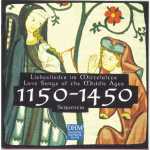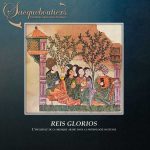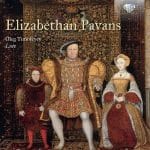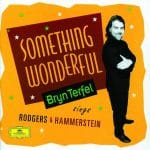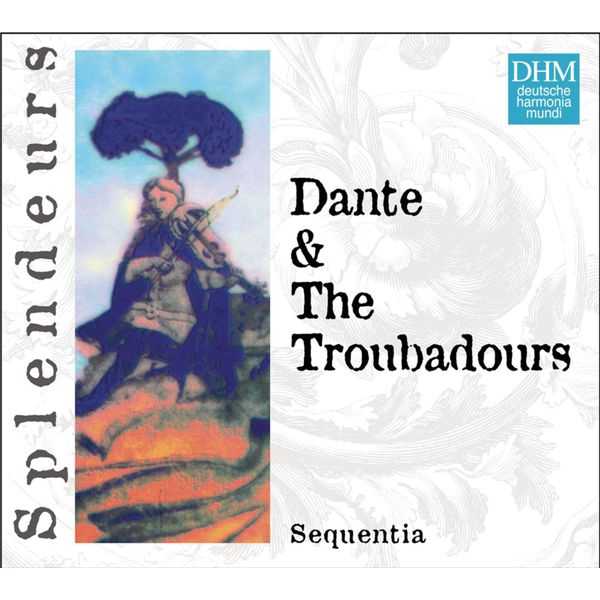
Composer: Peire d’Alvernhe, Bertran de Born, Giraut de Bornelh, Guiraut de Bronhelh, Arnault Daniel, Folquet de Marseilla, Almeric de Peguilhan
Performer: Sequentia
Format: FLAC (tracks)
Label: Harmonia Mundi
Catalogue: 82876601632
Release: 2004
Size: 312 MB
Recovery: +3%
Scan: cover
01. Peguilhan: En amor trob alques en que’m refraing
02. Daniel: Lo ferm voler qu’el cor m’intra
03. Born: Rassa, tan creis e monta e poia
04. Alvernhe: Dejosta’ls breus jorns e’ls loncs sers
05. Bornelh: Non posc sofrir c’a la dolor
06. Daniel: Chanson do’ill mot son plan e prim
07. Marseilla: Tant m’abellis l’amoros pessamens
08. Marseilla: Instrumental Piece
In 1819, poet John Keats longed for a wine “tasting of Flora and the country green, dance, and Provençal song, and sunburnt mirth.” Ever since, the sung poetry of medieval southern France has exemplified a cultural golden age. Working in the vanished Occitan or langue d’oc (language of the south) variant of Old French rather than in the Latin of educated courtiers, a professional class of traveling minstrel troubadours created a new poetry that combined incredible formal sophistication with a passionate language of interior emotion. This 1996 Sequentia disc presents seven pieces by troubadours of the late twelfth and early thirteenth centuries, along with one instrumental composition. The selections are all quite long, around ten minutes; these are not short lyric effusions but large, ambitious literary constructions. Most of the vocal pieces are accompanied by a small ensemble of fiddles and harps, while a few are sung unaccompanied; Sequentia leaders Benjamin Bagby and Barbara Thornton divide the vocals.
This was one of Sequentia’s more successful discs, and its re-release on the Deutsche Harmonia Mundi label is especially welcome. Listeners can encounter it on whatever level they choose; the recording’s original release found buyers from beyond the usual early music circles, attracting interest from folk music fans. The general listener will enjoy lovely vocal lines that twist and turn, never settling into simple tunes, hinting at the deeper complexities they contain. Those who investigate the texts and the complete translations included will begin to appreciate a musico-poetic world that, in Bagby’s words, “is a strange and demanding one, but … feels familiar, nonetheless.” The notes introduce an arcane and rather difficult subject with wonderful clarity. “These songs are like paintings, in words and tones, of involuted personal landscapes of a most secret and emotional nature,” Bagby writes. “Within these landscapes, anything can happen, as in one’s own dreams: snow can be green; a falcon can be a lady or a literary prize; a strongman impressive in battle can be reduced to a stammering fool because of love….” Sequentia molds its performing style according to years of scholarly investigations, but as usual they wear all the scholarship lightly and produce superlatively musical results.
The Dante and the Troubadors title is superficially misleading, for there is no music here set to poetry by the Italian master who bridged the medieval and modern worlds of thought. Instead, Sequentia has selected works that Dante is known to have admired. The title turns out to be apposite to the question of how the modern arts of poetry and music were shaped by medieval examples, and there couldn’t be a more musically luscious starting place for those interested in investigating this question. The sound, recorded in the medieval French Royal Abbey of Fontevraud, is unusually fine.
